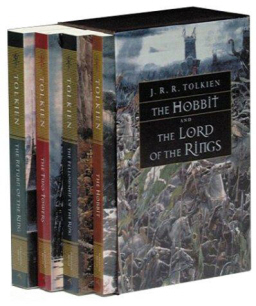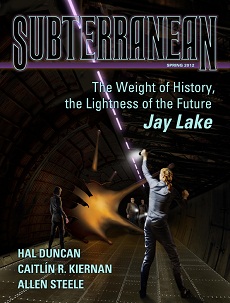Of Red Moon and Black Mountain and the Anxiety of Tolkien’s Influence
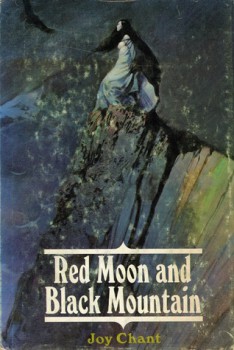 Red Moon and Black Mountain
Red Moon and Black Mountain
Joy Chant
Ballantine Books (268 pages, $0.95, 1971)
The shadow of The Lord of the Rings is long, indeed. In the 1960s Frodo lived and the reading public was hungry for more, and derivative works like The Sword of Shannara met that demand. This pattern continued into the 1980s with the publication of works like Dennis McKiernan’s Iron Tower trilogy, the series showing the clearest Tolkien “influence” of them all and one that literally provided more of the same. Now, this stuff wasn’t all bad; it filled a need and offered a safe, enjoyable formula. I willingly read many of these works back in the day and occasionally still do. But decades later many of the Tolkien clones haven’t aged all that well. I seem to have a lot less patience for them these days, even though I understand the environment in which they were written, and can appreciate that avoiding the influence of The Lord of the Rings 30-40 years ago must have been very difficult, if not impossible.
Take Joy Chant’s Red Moon and Black Mountain (1970). It’s well-written, not hackwork by any stretch. In 1972 the Mythopoeic Society bestowed its Fantasy Award upon the novel, denoting it as a work that best exemplified “the spirit of the Inklings.” Red Moon and Black Mountain has an unquestionable Tolkien-Lewis quality about it, if by spirit one means rewriting The Lord of the Rings with the framing device of The Lion, The Witch, and The Wardrobe tacked on. After a solid start it descends into full-on Tolkien-clone, which probably explains why it’s largely forgotten today.

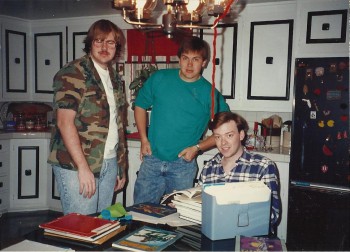
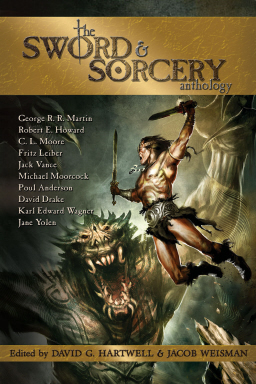
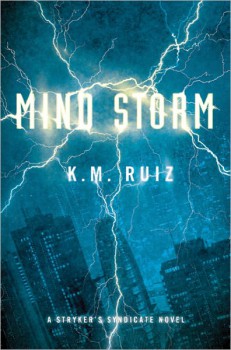 Mind Storm
Mind Storm
 Westlake Soul is twenty-three, a good-natured surfing champion with a loving family, loving girlfriend, and loving dog. Then a terrible fall leaves him in a vegetative state, unresponsive to the outside world — but, locked in his own mind, he’s a superintelligent superhero, astrally projecting to the moon and battling the mysterious villain named Doctor Quietus. Westlake can’t affect the outside world; can’t even twitch a finger, can only sit and be cared for by his mother and father and little sister, and the nurses they hire. But he can see what goes on around him, and react, if only internally.
Westlake Soul is twenty-three, a good-natured surfing champion with a loving family, loving girlfriend, and loving dog. Then a terrible fall leaves him in a vegetative state, unresponsive to the outside world — but, locked in his own mind, he’s a superintelligent superhero, astrally projecting to the moon and battling the mysterious villain named Doctor Quietus. Westlake can’t affect the outside world; can’t even twitch a finger, can only sit and be cared for by his mother and father and little sister, and the nurses they hire. But he can see what goes on around him, and react, if only internally.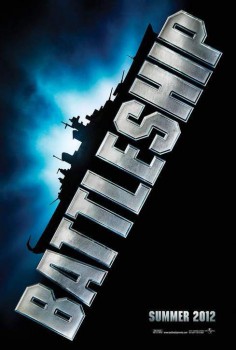 You sunk my interest.
You sunk my interest.